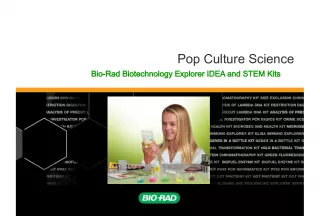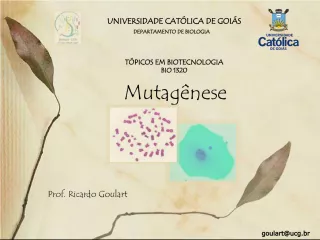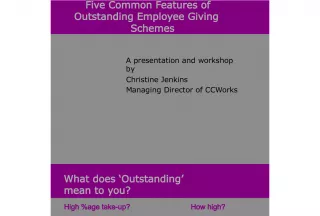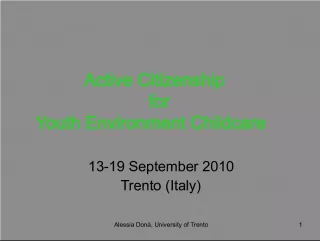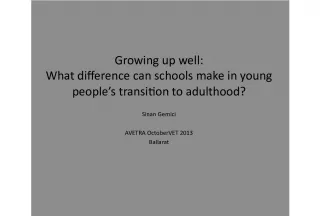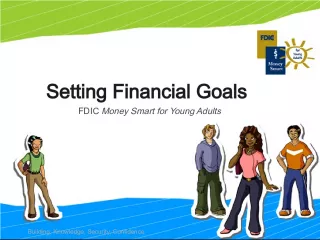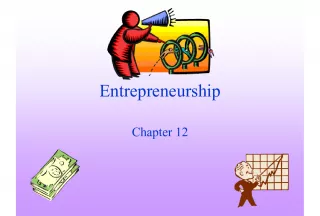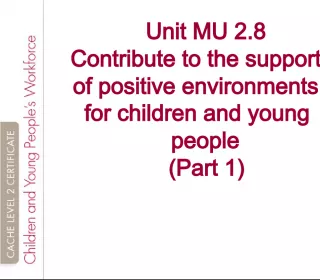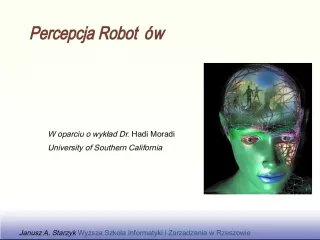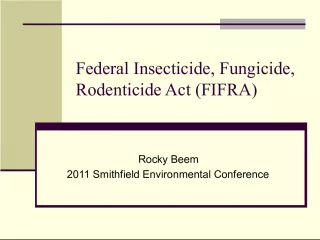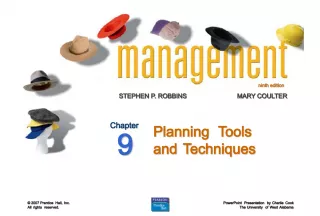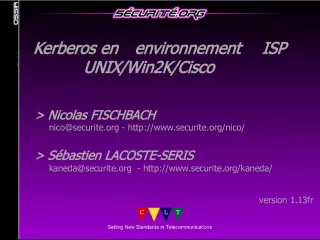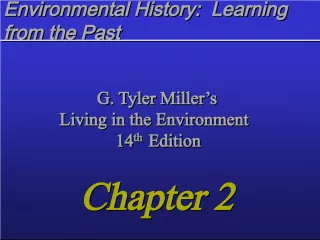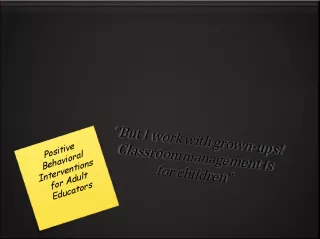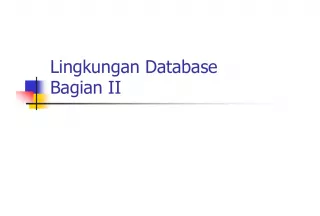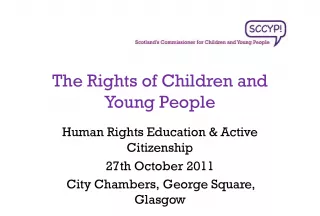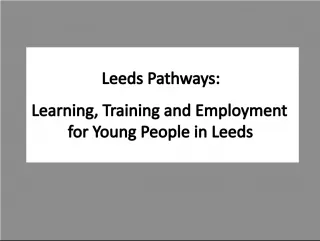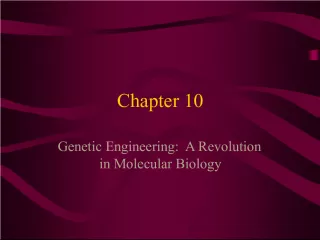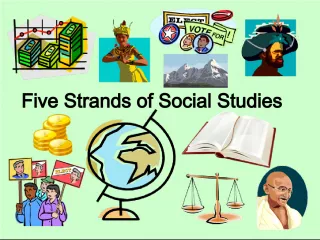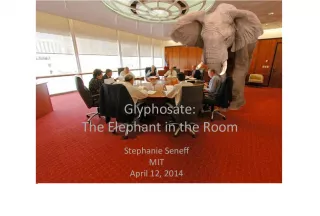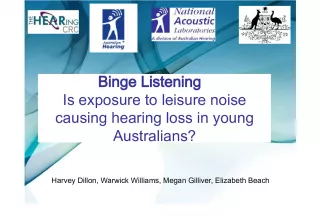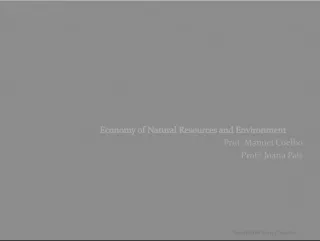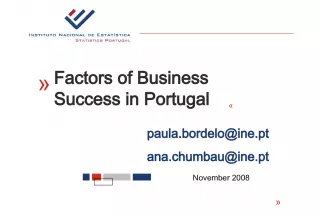Biotechnology and Environment YES Young Entrepreneurs Schemes Explained
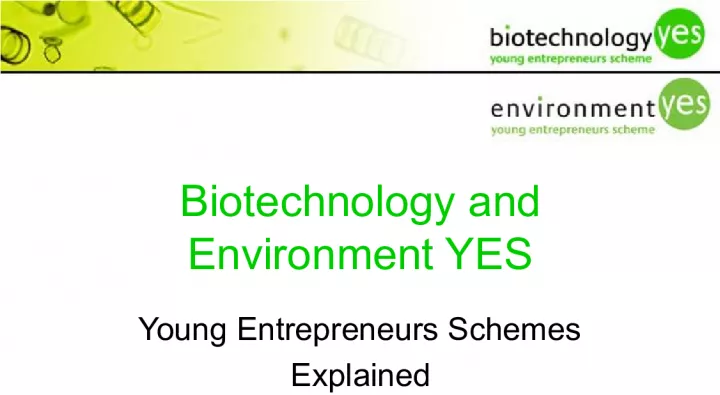

This article explains the Biotechnology and Environment YES Young Entrepreneurs Schemes, designed for researchers working in Bioscience and natural environmental sciences. These schemes aim to provide solutions to global environmental challenges such as climate change, biodiversity, and sustainable use of natural resources.
- Uploaded on | 3 Views
-
 chanel
chanel
About Biotechnology and Environment YES Young Entrepreneurs Schemes Explained
PowerPoint presentation about 'Biotechnology and Environment YES Young Entrepreneurs Schemes Explained'. This presentation describes the topic on This article explains the Biotechnology and Environment YES Young Entrepreneurs Schemes, designed for researchers working in Bioscience and natural environmental sciences. These schemes aim to provide solutions to global environmental challenges such as climate change, biodiversity, and sustainable use of natural resources.. The key topics included in this slideshow are Biotechnology, Environment, YES Young Entrepreneurs Schemes, Researchers, Bioscience,. Download this presentation absolutely free.
Presentation Transcript
1. Biotechnology and Environment YES Young Entrepreneurs Schemes Explained
2. Which Competition? Environment YES is for researchers working in natural environmental sciences the science needed to provide solutions to the global environmental challenges that the world is facing today and will face in the future Climate system, Biodiversity, Sustainable use of natural resources, Earth system science Natural hazards, Environment, Pollution and human health Biotechnology YES is for researchers working in Bioscience The BBSRC remit is wide and covers basic science in Plants, Microbe and Animals including Humans, Technologies that underpin practical solutions to major challenges such as climate change, food security, healthier ageing, and the control of infectious diseases would all fit well
3. Information http://www.ncl.ac.uk/fms/postgrad/skills/enterprise.htm http :// www.ncl.ac.uk/careers/riseup http://www.biotechnologyyes.co.uk/ http://www.nerc.ac.uk/funding/available/schemes/yes/
4. Aim:- to prepare an oral business plan presentation for a hypothetical" company. You can do all the work there but its unlikely you will win 4 Support sessions here (1 st Oct 21 st Oct) Competition starts with regional heats over 3 days (2 nights residential) Win the regional heat (2 places) and progress to national finals
5. How much does it cost? To you it is FREE* a deposit is required but this can be covered by the Graduate School NB the deposit will be recovered if you do not attend *EPSRC funded students have to be funded by their supervisor
6. Eligibility All research students & research staff Researching Bioscience or Environmental Science Masters students one per team must be here in December 2013
7. YES Dates Application for 2012 Entries 31 st May Briefing Session @ Nottingham 6 August Plant, Microbial & Environmental @ Syngenta (Jealott's Hill) 2-4 October Southern Workshop @ Oxford * 9-11 October Environment YES @? 10-12 October ? North West Workshop @ Manchester 23-25 October Scottish YES @ BioCity Lanarkshire * 6-8 November BioMedical YES @ GSK & Stevenage Bioscience Catalyst 13-15 November Final London 2 December 2013* * Biotech & Environment YES
8. How much will you have to do?
9. Residential Workshop/Competition over three days Day 1 talks in morning (by patent attorneys, entrepreneurs, business plan consultants etc.) One-to-one advice with a chosen specialist and time to work on business plan Day 2 Again, talks in the morning by various specialists in the field One-to-one advice and time for individual work Final preparations of power point presentation Day 3 Presentations by each group to an investment panel (split into streams and one winner from each stream goes through to national final)
10. You should turn up with:- The idea Who you intend to sell to Some sense of production costs Awareness of competitors What you intend to sell (product, licence) Some consideration of Intellectual Property issues
11. Division of Labour If possible teams should consist of people equally committed to the competition If not, go into the team with your eyes open about what is expected of each member A session to get teams together in May
12. What about the Idea Your idea should be based on realistic science, but currently hypothetical, winning ideas tend to be good with an intrinsic flaw 2012 hair loss prevention product 2011 Using yeast to produce high value fragrance components 2010 Nitrogen fixing bacteria fertilizer pellets 2008 Vegetarian Omega-3 oil from food industry waste 2006 GM Plants that reduce a slugs appetite 2002 winning team assumed a micro-organism has been identified with novel enzymatic activity. Newcastle ideas, peanut allergy detector, appetite suppressing chewing gum, a preventative head lice treatment, a meat spoilage detection kit, multiple diseases all in one assay Your idea must be believable; you should be able to account for the advances in science needed to develop your imaginary technology.
13. The Application Simple really http://www.nerc.ac.uk/using/schemes/yes/ http://www.biotechnologyyes.co.uk/ One person takes the lead Fills in the application and send it off. Deposit Medical Sciences Graduate School will cover deposits for teams with FMS Research students in, if you dont attend we will need paid or FINANCE HOLD For others If you send a cheque it will only be cashed if you dont turn up.
14. Summary Its not easy but doesnt have to take up too much time and you get a great sense of achievement You learn a lot of valuable skills that you dont get elsewhere. Its completely free If youre not sure you want to stay in academia it helps see what else is out there!
